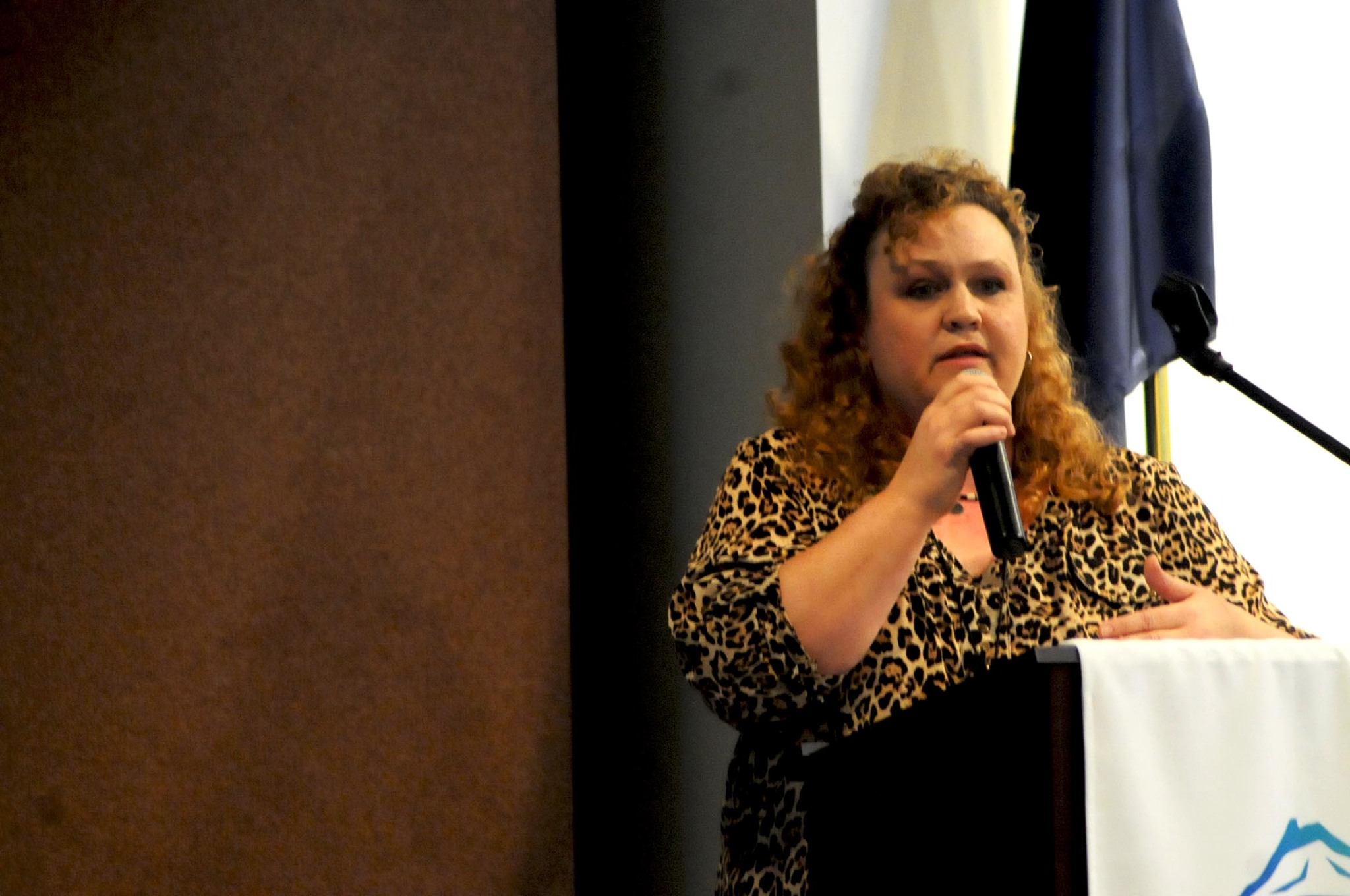Some of the Kenai Peninsula’s marijuana operations are up, running and trying to integrate themselves into the business community at large.
Since last summer, eight marijuana businesses have opened on the peninsula, and nine more are in the works. Most of them are outside the cities — the only one inside city limits is Red Run Cannabis Company in Kenai on the Kenai Spur Highway. So far, only two retail stores are authorized on the peninsula — all the rest are limited cultivators or standard cultivators. More will be approved and licensed in the upcoming year, though.
Cultivators statewide have already contributed about $145,800 to the state coffers through December 2016, according to the Alaska Department of Revenue. Four of those cultivators were on the Kenai Peninsula. That doesn’t include the tax revenue to local governments from sales taxes at retail stores.
On the peninsula, the industry could contribute an estimated $5.3 million annually in taxes and spending on infrastructure and compliance, according to the results of an industry survey presented to the Kenai Chamber of Commerce on Wednesday by Dollynda Phelps, co-owner of Nikiski-based limited marijuana cultivation company Peace Frog Botanicals.
The peninsula’s two retail stores haven’t been open long, but based on sales projections, the retail marijuana business on the peninsula may generate about $218,000 in sales taxes annually to the Kenai Peninsula Borough, she said.
“Every single penny generated from this sales tax in the borough goes directly to the borough school district,” Phelps said. “So I think this is a wonderful number, and of course this will rise as well as we see more growth in the industry.”
Phelps said she and Patricia Patterson, owner of marijuana retail store High Bush Buds, compiled a survey of the current licensees to estimate the impact of the cannabis industry locally. So far, the businesses have hired 46 additional employees, with another potential 30 jobs in the upcoming year, and have spent an estimated $1.9 million on building out and outfitting their operations, she said.
The borough and city of Kenai have seen some of the cash, too. Cannabis businesses have paid about $15,000 to the borough in taxes, and the city of Kenai got $5,000. The borough also got $6,500 in licensing fees as of Feb. 1, 2017, Phelps said. Homer and Seward don’t have any retail businesses within city limits yet, and Soldotna has a moratorium on commercial marijuana businesses still in place.
According to her estimates, the marijuana industry on the peninsula will spend about $300,900 in monthly operating expenses, such as transportation, utilities and gardening supplies.
“They’re going to vary with the different license types,” Phelps said. “Cultivators are going to experience more needs for growing supplies, pots, soil, lights — all of these are going to spend money on utilities, (and) retail is going to spend money on product for resale, transportation, packaging.”
Peninsula residents came in quickly to the business — Peace Frog Botanicals and Greatland Ganja of Kasilof were two of the first businesses in the state to get their licenses, and product from the peninsula’s cultivators is already being sold in a variety of stores around the state. During the borough’s discussion of how to regulate the industry locally, two marijuana business owners — Phelps and Greatland Ganja co-owner Leif Abel — served on the task force, and when the borough assembly considered ordinances that would affect the cannabis industry, dozens of supporters and entrepreneurs turned out to defend it.
Phelps described the current entrepreneurs on the peninsula as “the cream of the crop,” having gone through the whole process of licensing and inspecting and sticking with it.
“They’ve been committed and dedicated to seeing this through and doing it right,” she said.
However, the industry still faces challenges. Last week, the state Alcohol and Marijuana Control Office raided a number of retail marijuana stores in Anchorage, Houston, Wasilla and Kenai and seized bottles of cannabidiol oil, or CBD, which is derived from hemp and is non-psychoactive. The office said the oil was shipped unmarked in packages along with food products and was leaking, creating a safety hazard.
The office chose to seize the products rather than request a voluntary removal because of the public health and safety concerns, according to a Feb. 10 press release. The businesses were not named.
Phelps said in an interview that CBD oil is subject to the same regulation as other marijuana plant products, though it contains very low levels of THC, because hemp is included in the state’s definition of marijuana plants. Retail stores can only sell marijuana products that have been purchased from a licensed marijuana cultivator, packaged and labeled under Alaska law. Because the products weren’t labeled, produced or tested under Alaska law, they were out of compliance. CBD oils are available online and in health food stores, but AMCO was able to seize the bottles from the retail marijuana stores because they are subject to specific marijuana regulations.
“AMCO has jurisdiction over those facilities,” Phelps said. “The CBD oils themselves are not illegal.”
The peninsula’s businesses also face an electoral challenge this year. A citizen initiative to ban commercial marijuana operations in the borough outside the cities that failed to make it onto the October 2016 ballot will appear on the October 2017 municipal regular election ballot. Voters registered outside the city will be able to weigh in on whether they think commercial marijuana businesses should be allowed to operate in areas like Kasilof, areas along Kalifornsky Beach Road and Sterling.
If the proposition passes, 16 of the 17 licensees will have to close their doors, including the two largest cultivators, Phelps said.
“We will lose 46 jobs and all the finances I’ve described … it is very important that we take a look at this in a factual way and evaluate our situation,” she said.
Reach Elizabeth Earl at elizabeth.earl@peninsulaclarion.com.

